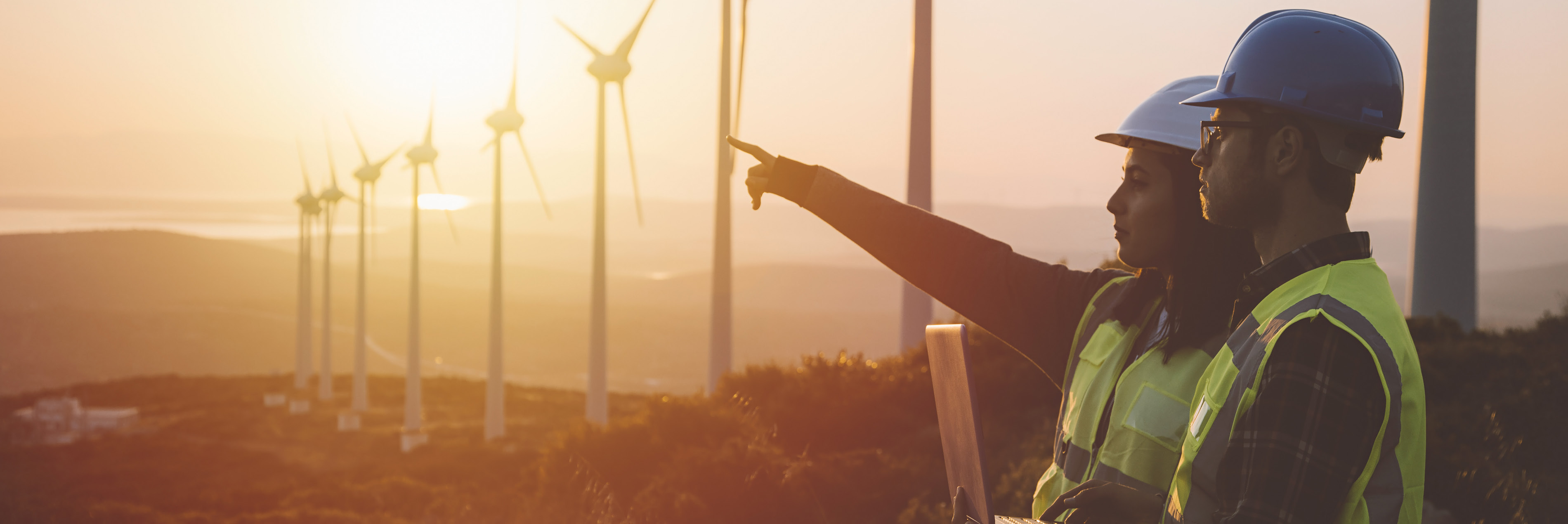With the 2020 democratic presidential primary growing more crowded by the day, the progressive policy agenda will be on full display as candidates look to carve their own lanes to the Oval Office. One area that will undoubtedly garner considerable attention, and rightfully so, is how each candidate plans to address the growing threat of climate change.
A number of 2020 candidates have already set forth bold and holistic environmental policy proposals. The large-scale, comprehensive economic stimulus packages aim to not only fight climate change but also provide economic mobility for communities on the frontlines of climate change. By centering the communities hit first and worst by climate change in the policies and solutions, the opportunity to affect change is even greater. Philanthropy is uniquely positioned to take the lessons learned from previous attempts to change national climate legislation by focusing on narrow changes, such as limits on carbon emissions, and invest in those front-line and youth activists who are leading the effort to make environmental action a reality. Now grant makers can put their money and influence behind the vision contained within a package of bills that incorporate many issues such as economic development, social justice and the environment.
Across the country, environmental activists have been putting forth creative local solutions that go beyond combating climate change. They’ve incorporated economic and social aspects to these policies that also create good jobs, spur economic development and provide infrastructure investment. These are the places where philanthropy can focus attention.
Fortunately, communities across America are rich with examples of how reaching the bold goal of 100% clean energy is both possible and can be done equitably. In Sunset Park Brooklyn, a group called UPROSE is working to bring renewable energy to low income residents through a community owned energy cooperative. Highland Park, Michigan has seen extraordinary leadership by Soulardarity, a local community organization, to restore streetlights, training residents in solar installation and weatherization and creating jobs through local partnerships. In the American South, communities like Atlanta, New Orleans and Houston are taking big steps to expand affordable, clean energy for all. These are a just few of the ripe opportunities philanthropy can support and bolster to truly make a difference.
As foundations consider what steps to take next to promote this new approach to climate change, they should be guided by these four tenants developed by the Climate Justice Alliance: invest in the creation of local jobs, offer loans or other mission-related investments to promote the growth of sustainable businesses, advocate for legislation that helps people most harmed by climate change and think hard about who benefits from the climate change work you support now.
We know that it is all too often the case that bold ideas heard on the campaign trail become watered down policy by the time it hits the Congress floor. When it comes to climate change however, we have the power to act no matter what policy is signed into law. Foundations have the opportunity to lend support to the communities that matter most. The question is, are they ready to act?

 Mobile Image
Mobile Image
 Mobile Image
Mobile Image
 Mobile Image
Mobile Image
